Efficient implementation of the operational activities for the prevention of illegal migration and crossborder criminality at the external borders of the EU were the topics discussed on the occasion of the 74th Meeting of the Board of the European Border and Coast Guard Agency (FRONTEX), which took place in Bucharest over March 27-28.
In the two days of the meeting there took place several debate sessions, which approached such topics as the adoption of an integrated technical and operational management of the borders at European level, for the implementation of the European concept of integrated management at the border by each member state.
"On the occasion of the meeting, the members of the Board discussed and adopted decisions meant to ensure the good functioning of the agency and the efficient implementation of the operational activities coordinated by FRONTEX for the prevention of illegal migration and crossborder criminality, at the external borders of the EU," informs a release of the General Inspectorate of the Border Police (IGPF) sent to AGERPRES on Friday.
"They also identified concrete solutions for all member states' goals in strengthening EU's external borders and cooperation on returns, taking into account various contributions of the member states to EU's common efforts (participation in the activities of the European agencies FRONTEX, EUROPOL and the European Asylum Support Office (EASO), the support of EU's external actions in the migration field and information with respect to aspects related to the modification of the Regulation regarding the border police and the coast guard at European level)," reads the release.
Also participating in the meeting of the Board was the executive manager of FRONTEX, Fabrice Leggeri, representatives of the member states and of the European Commission, as well as representatives of the FRONTEX, EUROPOL, EASO and EU-LISA boards.
This meeting is the second of a series of five meetings planned in 2019 and annually organised by the Frontex Agency, the practice being that the member states holding the rotating presidency of the Council of EU should organise one of these activities.

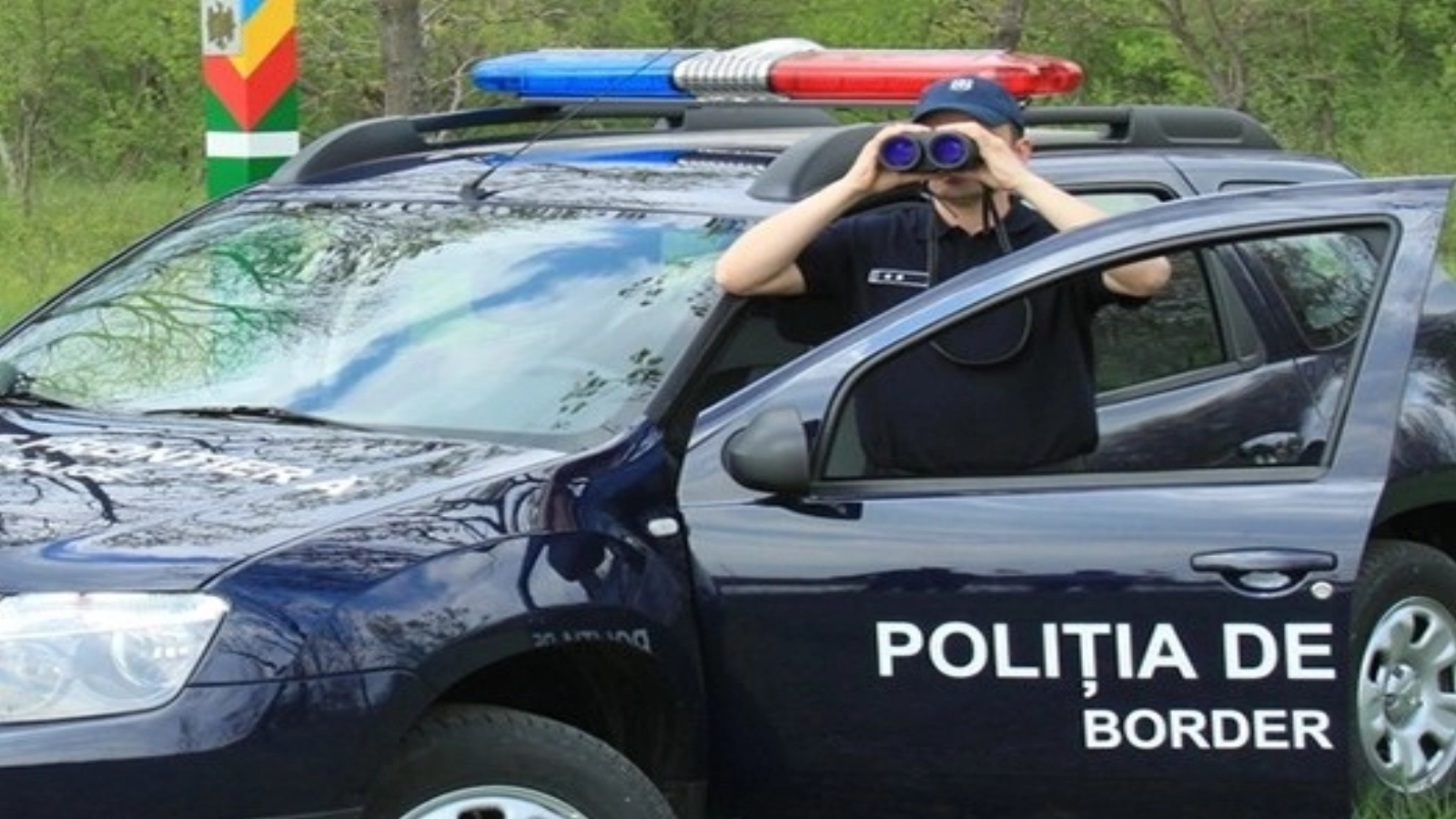







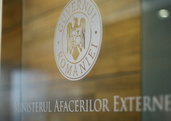
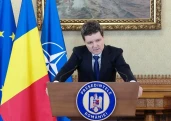
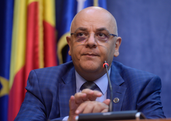
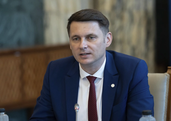

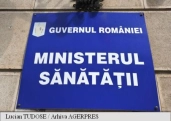





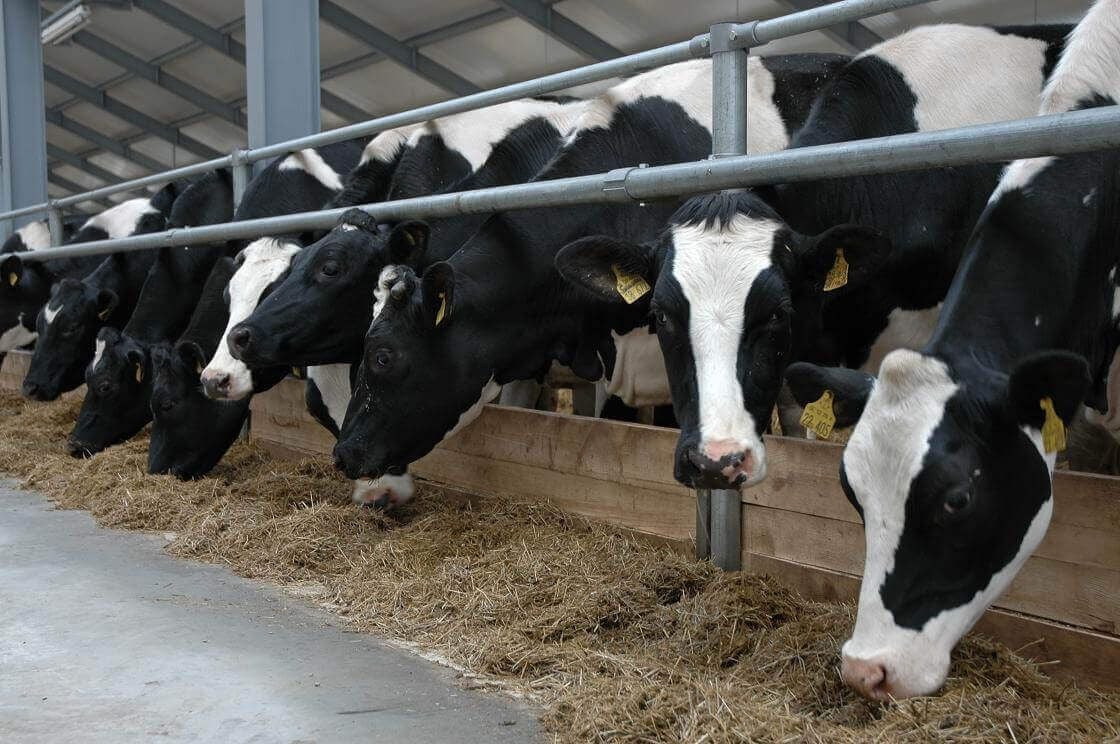


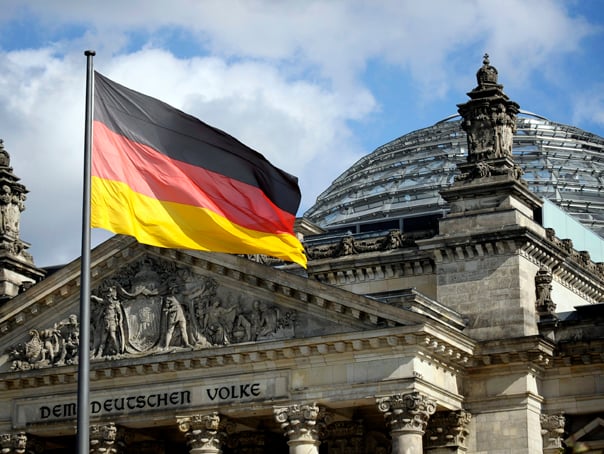






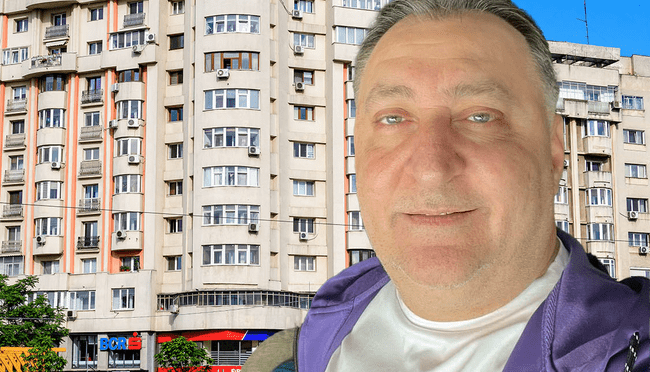

Comentează